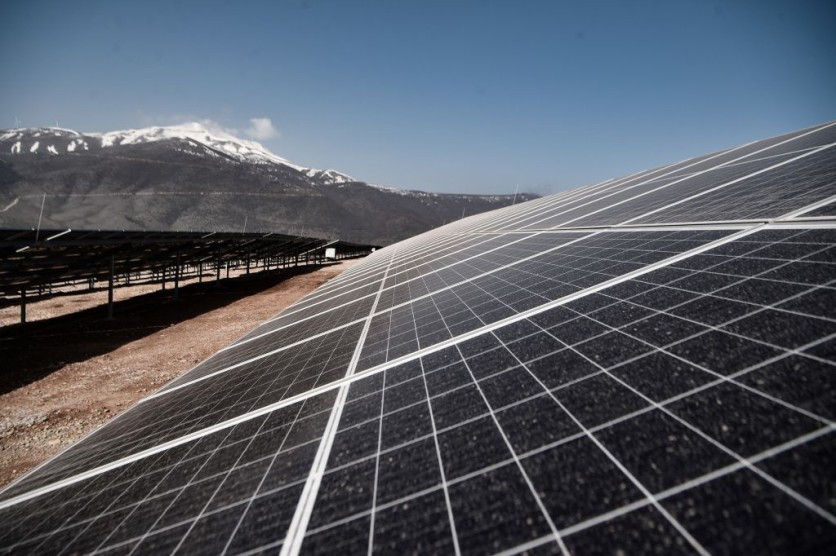Greece has successfully fulfilled its energy demands for five hours from renewable energy sources, according to a report by the PV Tech on Friday, Oct. 7.
According to the nation's independent power transmission operator (IPTO), this marks the first time that Greece achieved its energy needs in just a few hours.

Thriving Amid Russia's Ban
It is worth noting that the state of California in the US has accomplished this historic feat a few times this year. However, Greece's achievement is all the more astounding given that the region is also battling off a self-imposed ban on using gas supplied by Russia as a result of its ongoing conflict in Ukraine.
Following Russia's invasion of Ukraine earlier this year, countries in Europe were forced to postpone their decarbonization plans. In an effort to reduce its reliance on Russian gas, the European Union has turned to coal and other fossil fuels to meet its energy needs, as noted by Interesting Engineering.
According to an analysis by the Athens-based environmental think tank Green Tank, Greece's effort to rely on renewable energy is praiseworthy given the current energy crisis.
The research group claimed that Greece produced more electricity from renewable sources than from any other energy source in the Twitter thread.
The think tank added in another tweet that lignite burning was at an all-time low in 2022 and that Greece's output of power from fossil gas had only slightly grown.
Greece's dependence on renewable energy increased from 42% in 2021 to 46% in the eight months leading up to August of this year.
1⃣/ For the first time, electricity from renewables (incl. large hydro) in the first half of 2022, in Greece, surpassed that of fossil fuels (fossil gas + lignite).
— The Green Tank (@The_GreenTank) July 28, 2022
🔎Read our full analysis based on #ADMIE #IPTO latest data 👉 https://t.co/64uV0dATov pic.twitter.com/iU4SOJZ7pj
Continuing on this progress, the nation produced a record-high 3,106 MWh of energy on October 7 at 8 GMT while running entirely on renewable energy for five hours.
Greece's Green Goals
Greece has been increasing its ability to produce solar energy over the past five years, and the market is about to explode as businesses search for green offtake agreements in Europe, according to Interesting Engineering.
Additionally, the EU has authorized a US$2.5 billion fund that will help the nation add another 4.2 GW of renewable energy capacity. With this subsidy, Greece will be able to produce more electricity using green technologies like solar power and other renewable sources.
The IPTO stated that by implementing linkages on land and at sea, new electrical capacity is generated for even greater penetration of renewable energy sources, which will make the energy mix even greener in the future.
Greece hopes to boost its renewable energy production from 10 GW now to up to 25 GW by 2030 by attracting over US429 billion in government and private investments. Analysts, however, believe that the nation will hit this goal sooner, according to Reuters.
Related Article : Rondo Energy Claims Brick Toaster Heat Storage Device is Capable of Cheap, Efficient Decarbonization
This article is owned by Tech Times
Written by Joaquin Victor Tacla
ⓒ 2025 TECHTIMES.com All rights reserved. Do not reproduce without permission.




